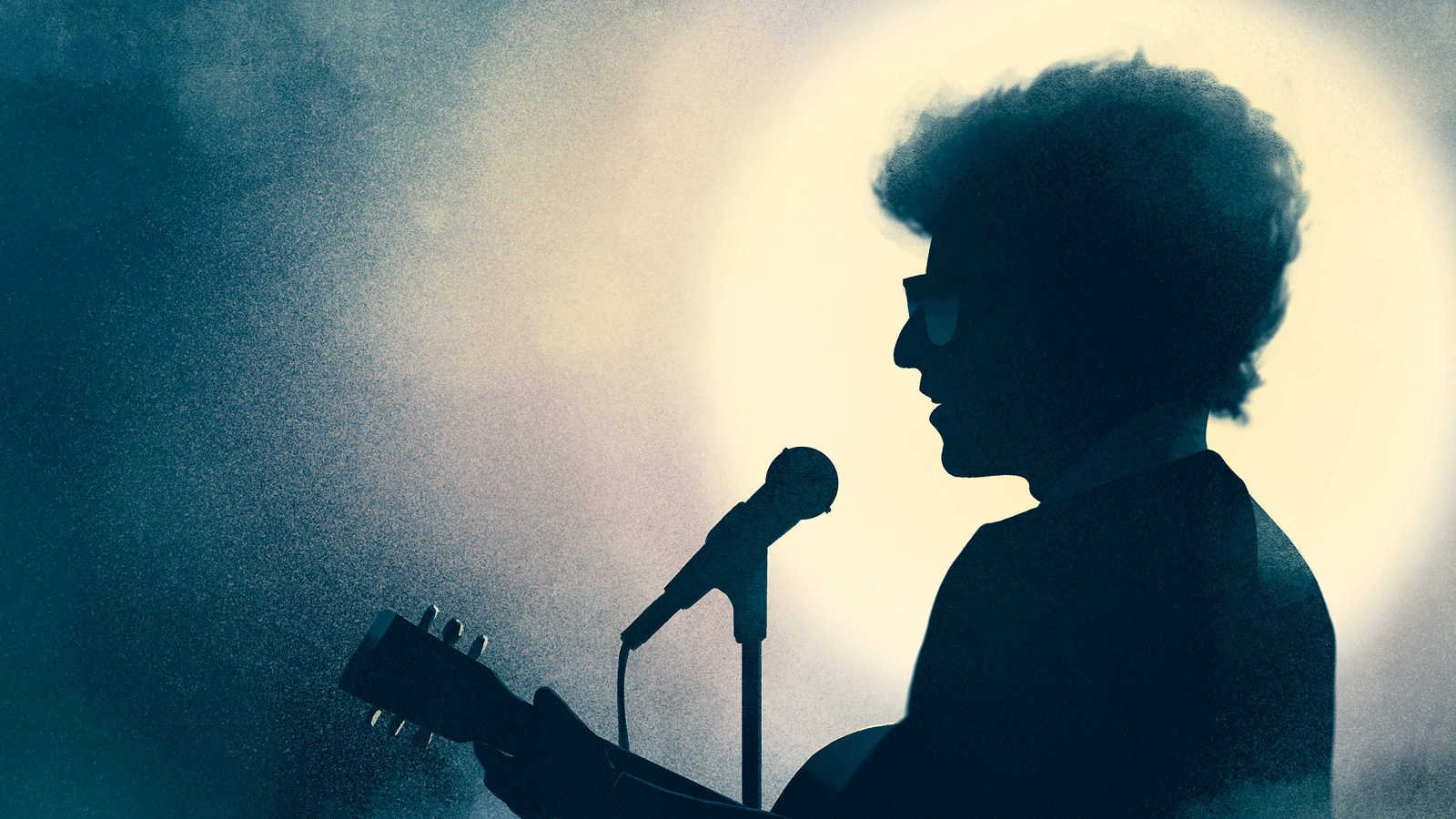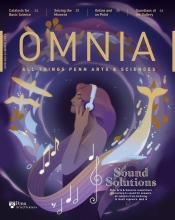Bob Dylan as Modern-Day Prophet
In his new book, political theorist Jeffrey Green takes a unique view of the famous musician.

Bob Dylan was just 22 when the Emergency Civil Liberties Union recognized him with the Tom Paine Award for his contributions to social justice. His activism in the progressive causes of the time—December 1963—was unmistakable. But as Dylan accepted the award, he ranted against those in attendance. He mocked them and disavowed politics, calling it “trivial.” He was subsequently booed off the stage.
A few months later, Dylan wrote a song called “My Back Pages,” which laid bare his internal conflict. “Fearing not I’d become my enemy / in the instant that I preach,” Dylan sang. He was testifying to the notion that individual freedom opposes social justice, a clash central to Jeffrey Green’s new book, Bob Dylan: Prophet Without God.
Green, a professor of political science and director of Penn’s Andrea Mitchell Center for the Study of Democracy, spent eight years analyzing Dylan’s words from a political theorist’s perspective. He finds that Dylan is a modern-day prophet of a special kind: “a prophet of diremption,” in Green’s words. Or, metaphorically, a prophet without God.
“He inherits three values,” Green says. “He speaks in his music and in his statements to issues of individual freedom, to social justice, to adherence to God. But he’s at his prophetically most distinct when he testifies to the collision between these values, and then derives some ethical consequences from those collisions.”
Green says this makes Dylan an unusual visionary—not a prophet of salvation, telling people what to do or what direction to follow, but rather a prophet constantly dealing with those three values and never solving them.
“He was affiliated with the left, but then he withdraws and owns it and sings it,” Green says. “He doesn’t say, ‘I’m now a conservative’ or ‘I don’t actually have any moral obligation.’ He says, ‘I recognize those things, but I also have a competing desire to do what I want. To be free.’ And I find that unusual in the history of political thought.”
In three sections of the book, Green traces Dylan’s evolution: his rebelling against the mid-1960s civil rights movement, his sudden conversion to evangelical Christianity in the late 1970s, and the political pessimism that runs through the entirety of Dylan’s work.
The third part of the book is called “Strengthen the Things that Remain,” which comes from the Book of Revelation. But it’s also a line from one of Dylan’s songs, “When Are You Going to Wake Up?” In the song, “he accuses both political idealism and political realism of being asleep,” Green says. “I see this as a conflict between God and justice. Rather than see the world as something redeemable in this life or in a life to come, or as something masterable in its fallenness, I think Dylan invites us to see how an ordinary person might confront a world permanently gone wrong.”
Green admits this is a project out of the ordinary for political theory. Dylan, often in harsh language, has railed against those attempting to interpret him. “You’re wasting your life,” Dylan told his critics in a 2001 interview. And still, more than a thousand books have been written about Dylan. Green’s was a “labor of love,” prompted by the memory of a 16-year-old version of himself who, in 1990, bought a Dylan box set and was transfixed.
“A lot of it was too much for me,” Green says. “It was over my head. A lot of it still is over my head. But I think what’s gratifying about Dylan is 10 years later, you can suddenly understand a lyric that escaped you before. He’s had a big influence on me as a person.”



